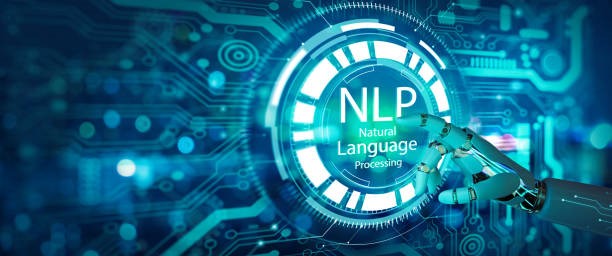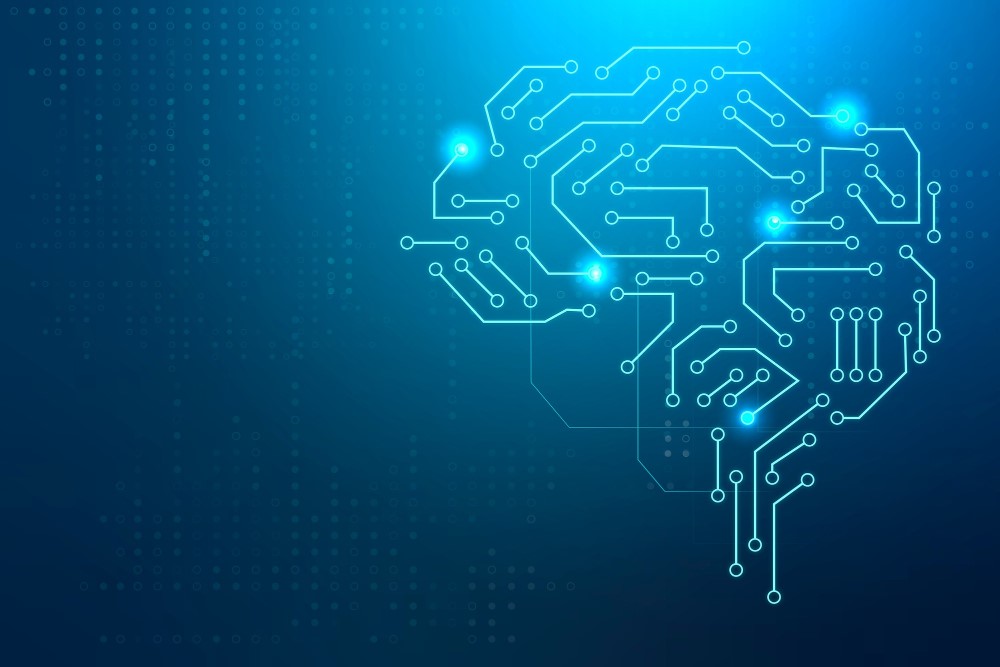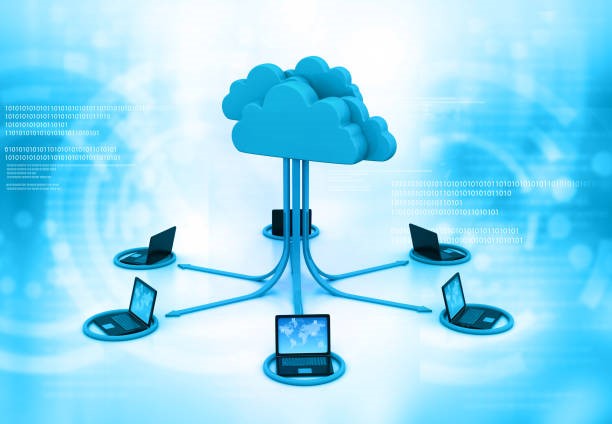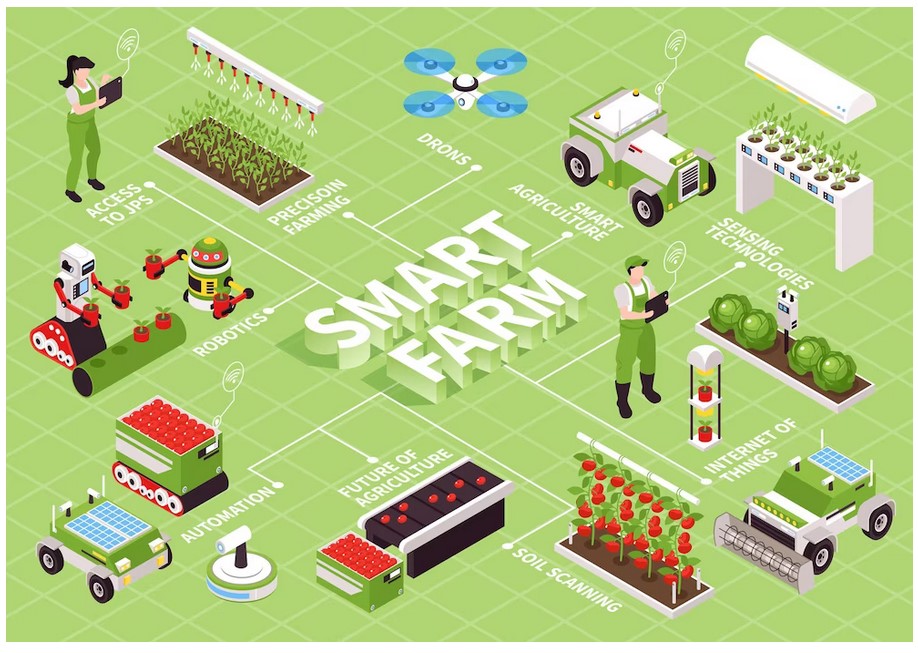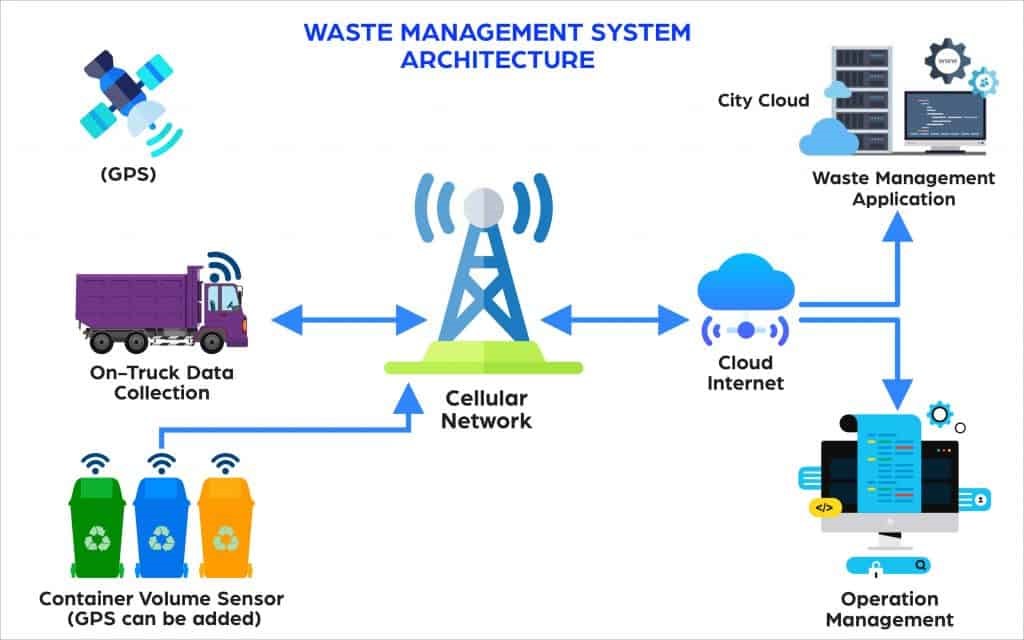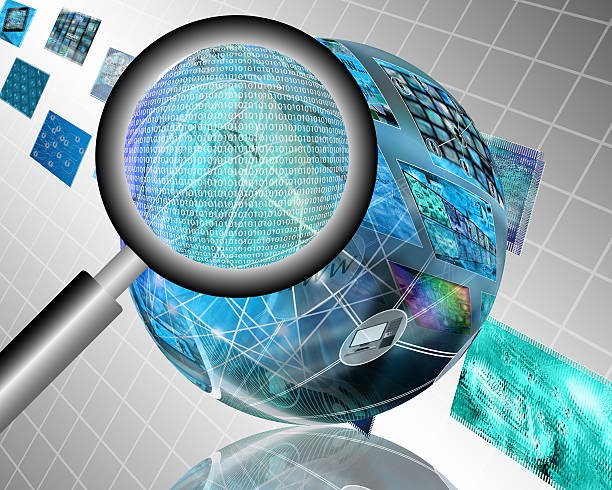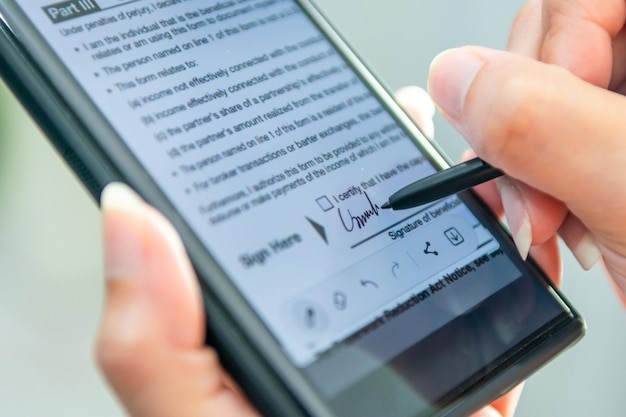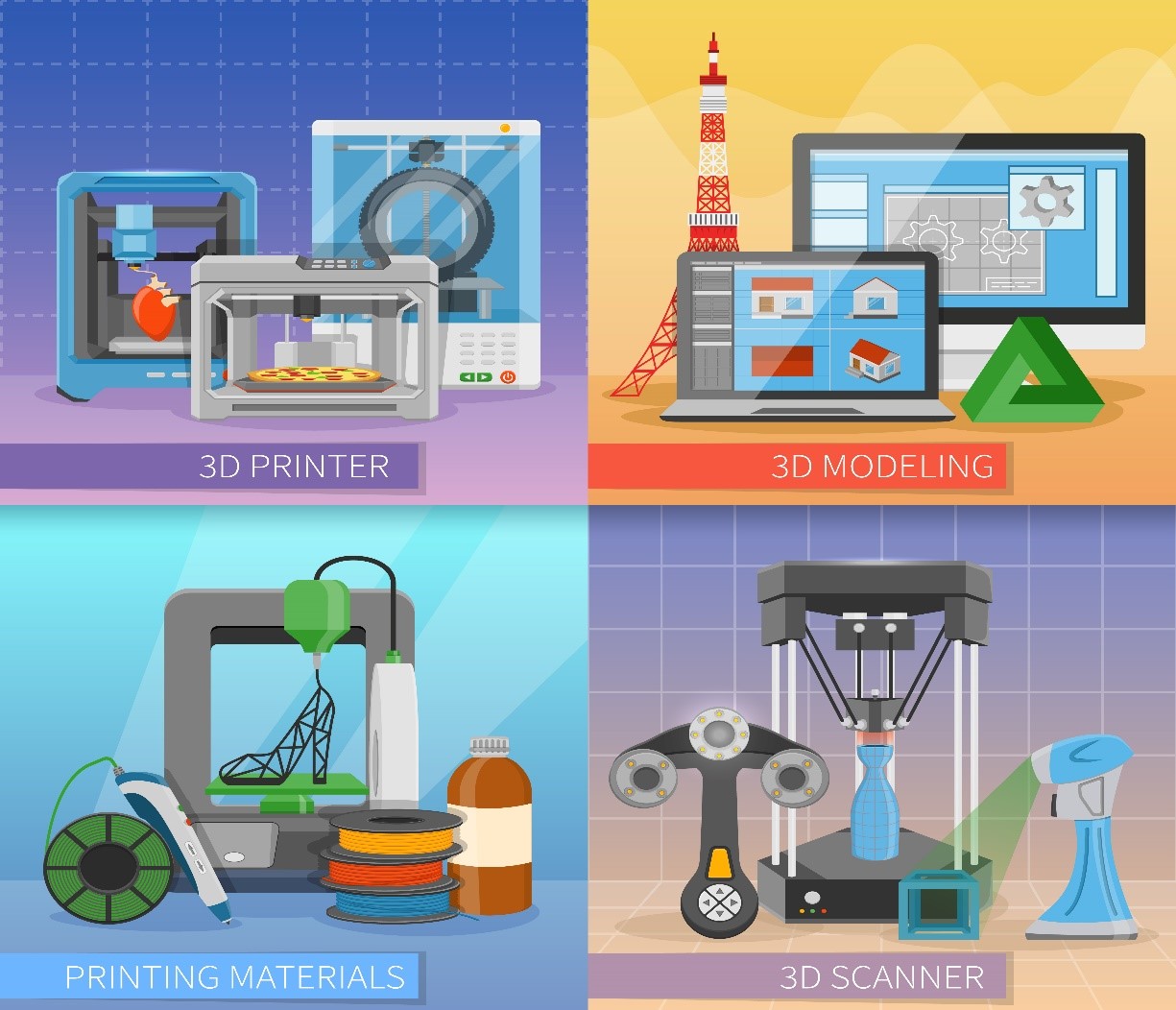Smart Water Management
Smart water management is an approach to managing water resources that leverages technology and data analytics to optimize water use and reduce waste. Smart water management systems typically involve the use of sensors, data analytics, and machine learning algorithms to collect and analyze data on water supply, distribution, and usage, and to provide insights and recommendations for optimizing water use.
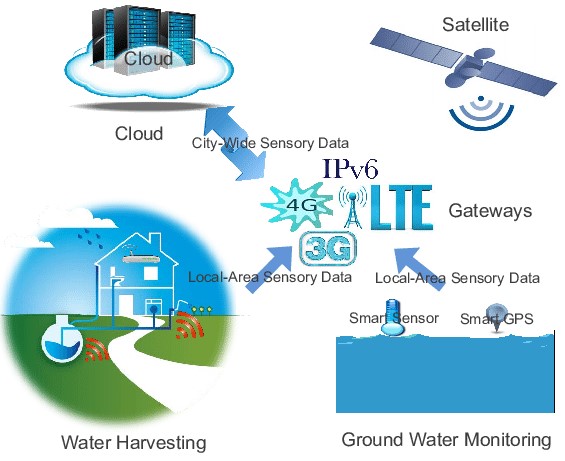
Figure 1. Smart water management [1]
Figure 1 shows Smart water management. Smart water management can help reduce water waste, improve water quality, and increase water efficiency. By using data to monitor and manage water usage, municipalities and businesses can identify areas of waste and inefficiency, and take steps to address them. Smart water management can also help identify and address issues related to water quality, such as contamination or water treatment issues.
Examples of smart water management technologies include leak detection systems, which use sensors to detect leaks in pipes and other infrastructure, and smart irrigation systems, which use sensors and weather data to optimize the use of water for irrigation. Smart water meters can also be used to monitor water usage and provide real-time feedback to users, helping to encourage more efficient water use.
Overall, smart water management is an important tool for addressing the global water crisis and ensuring that we use water resources in a sustainable and responsible way. As the field continues to evolve, we can expect to see even more advanced technologies and approaches to smart water management that leverage the power of AI and other cutting-edge technologies to improve water efficiency and sustainability.
References:
- https://www.researchgate.net/figure/Smart-Water-Management_fig3_315492466
Cite this article:
Hana M (2023), Smart Water Management, AnaTechMaz, pp.233



